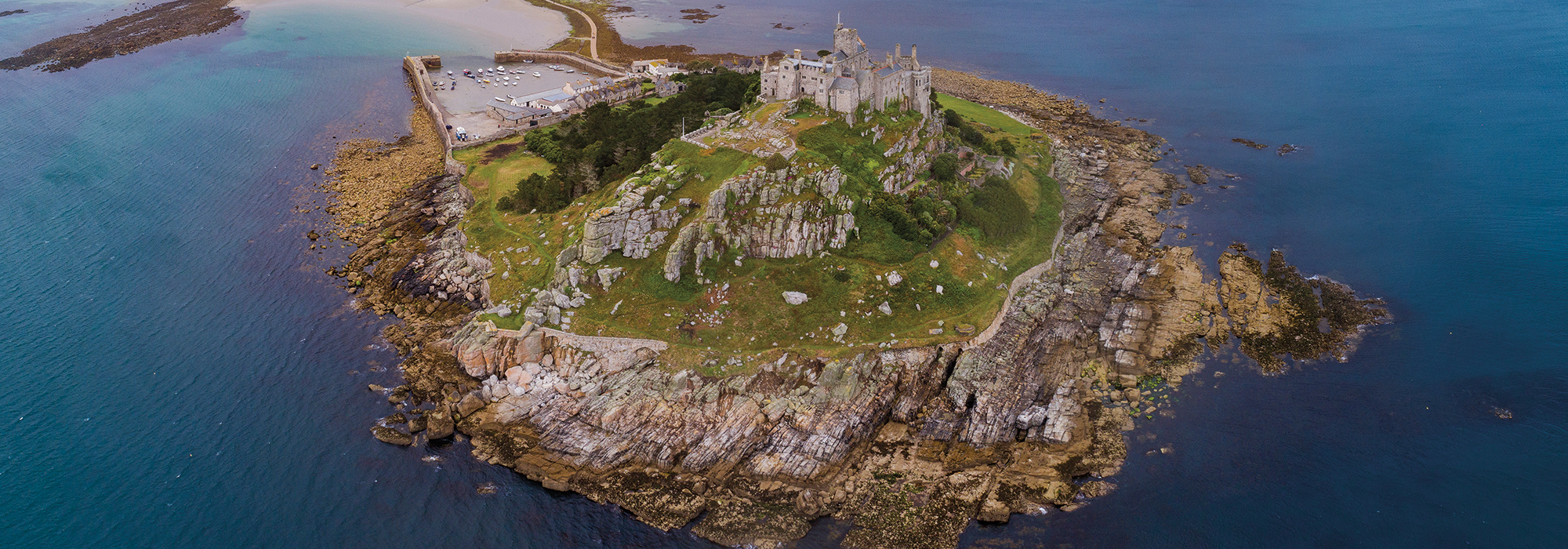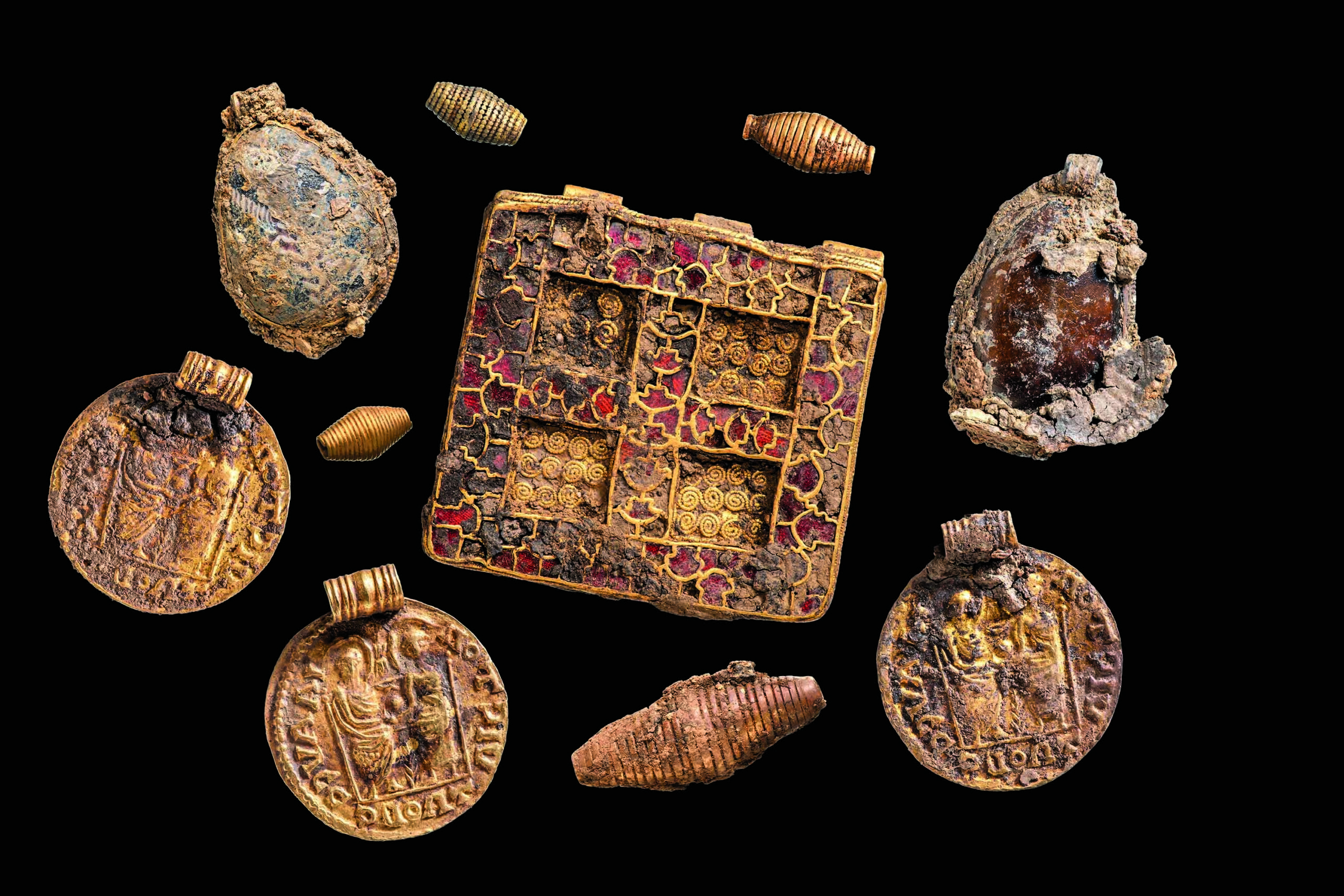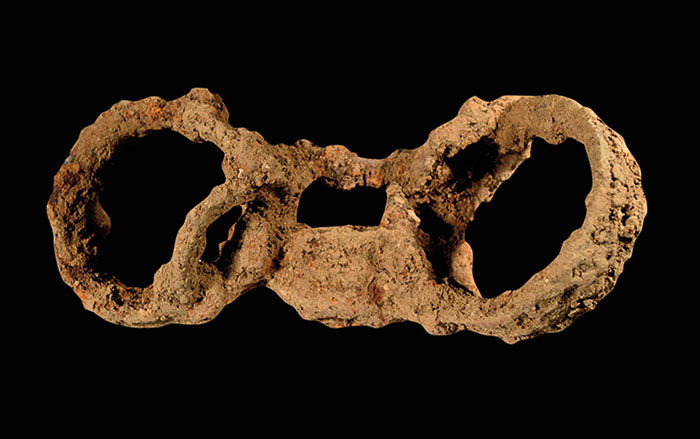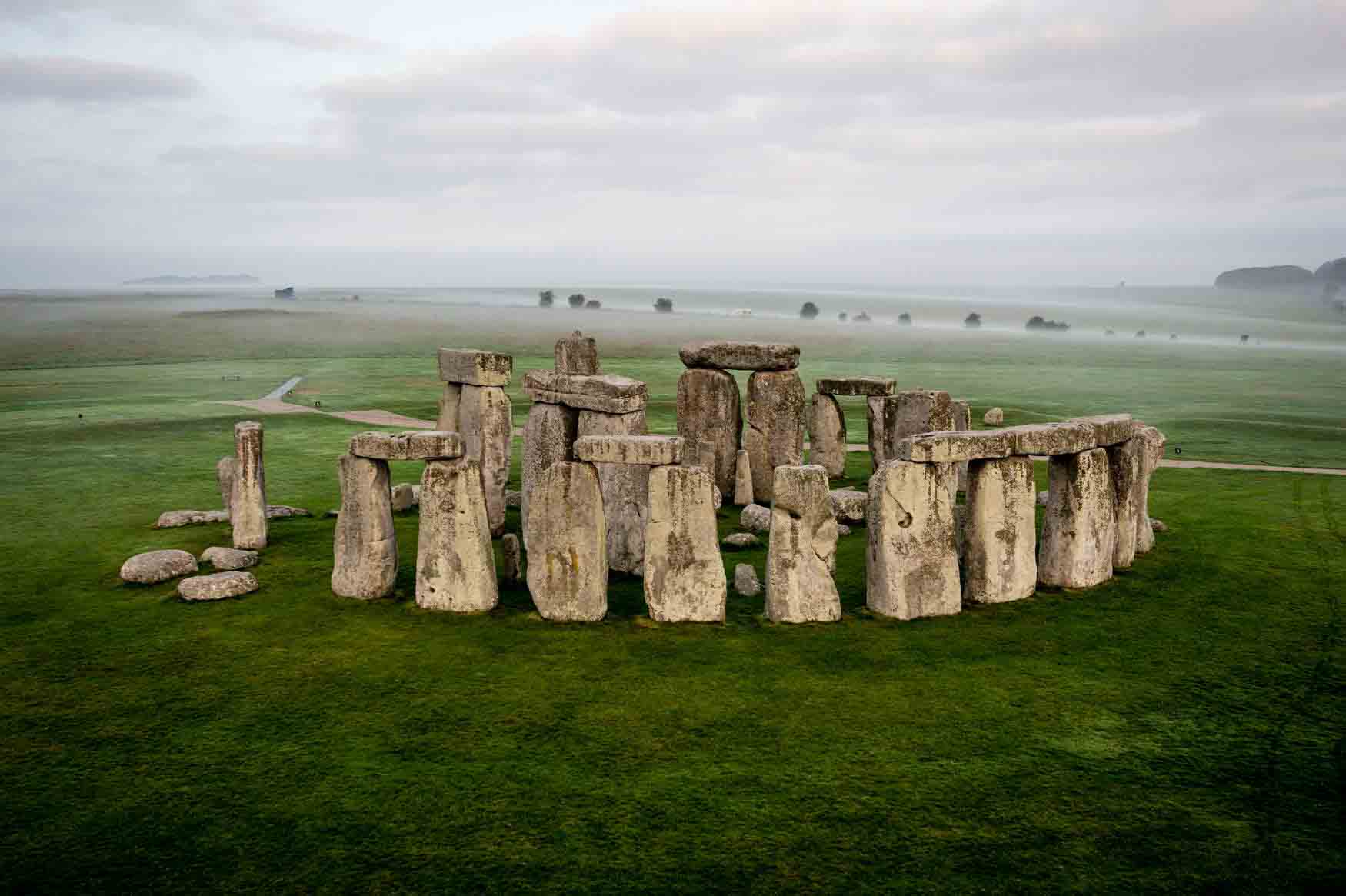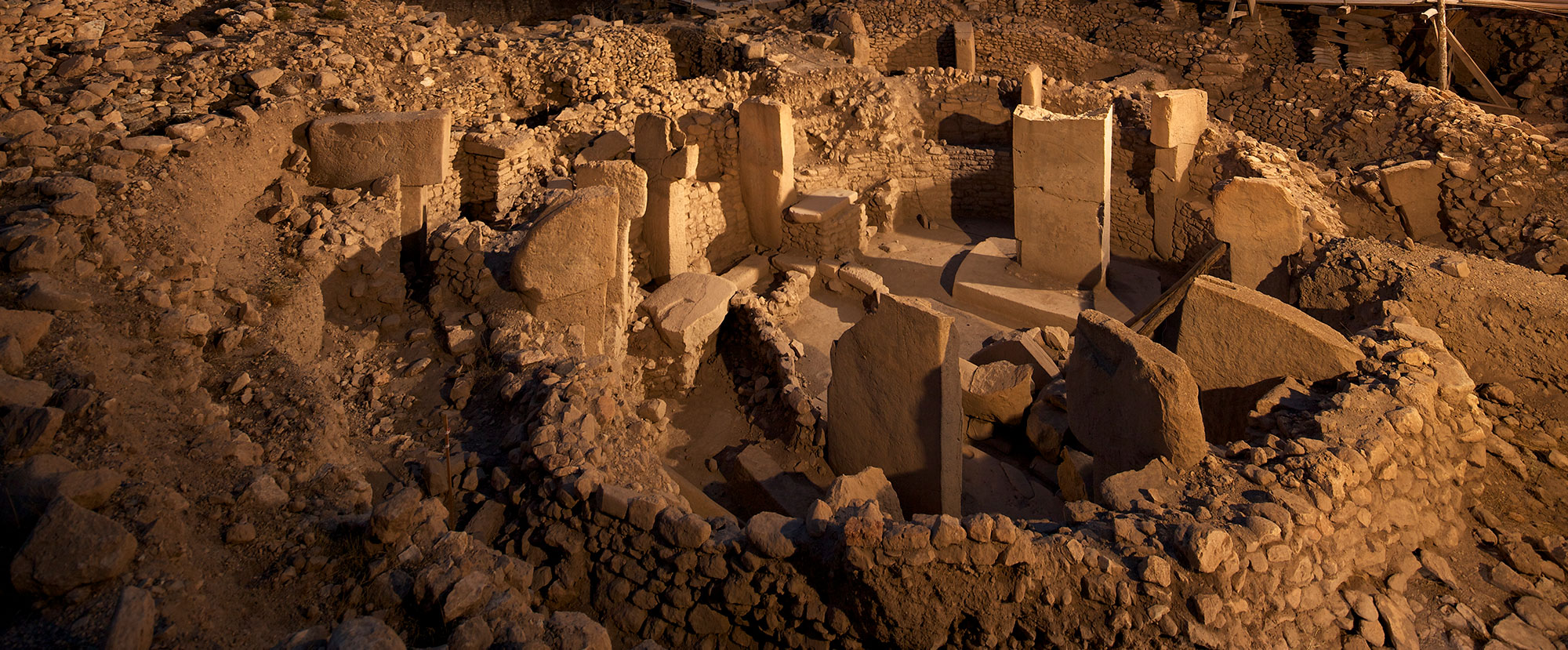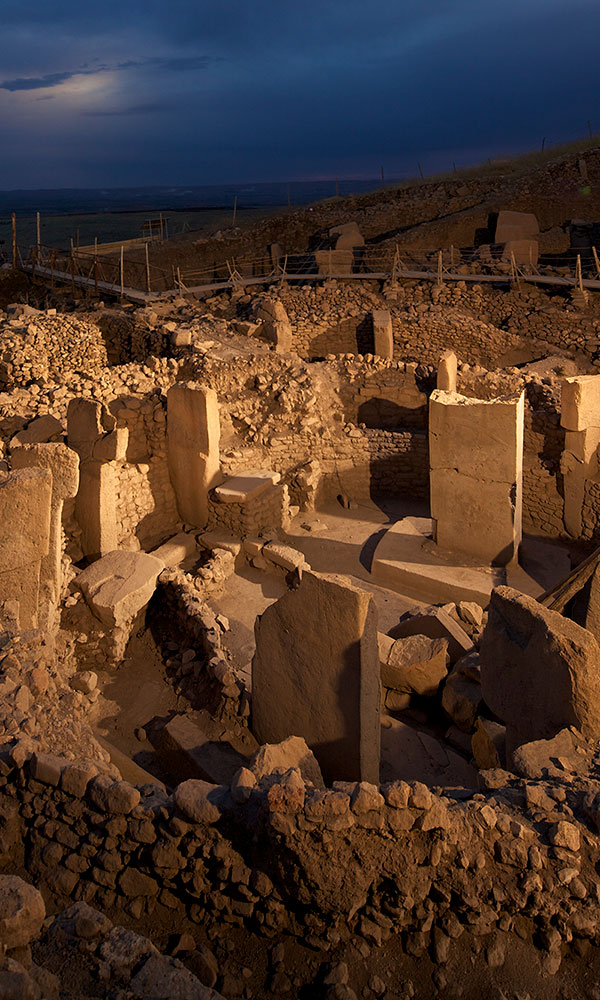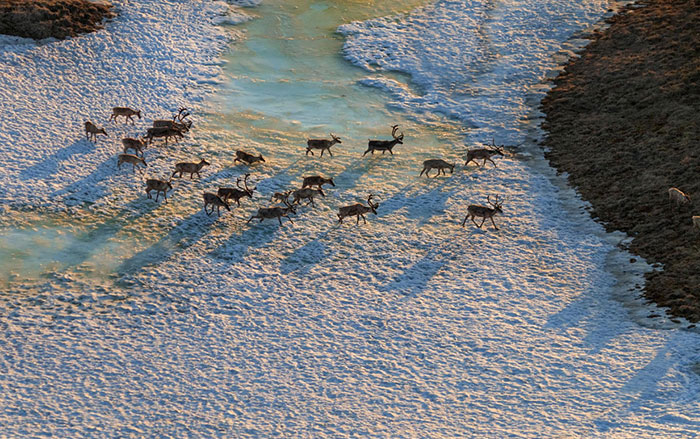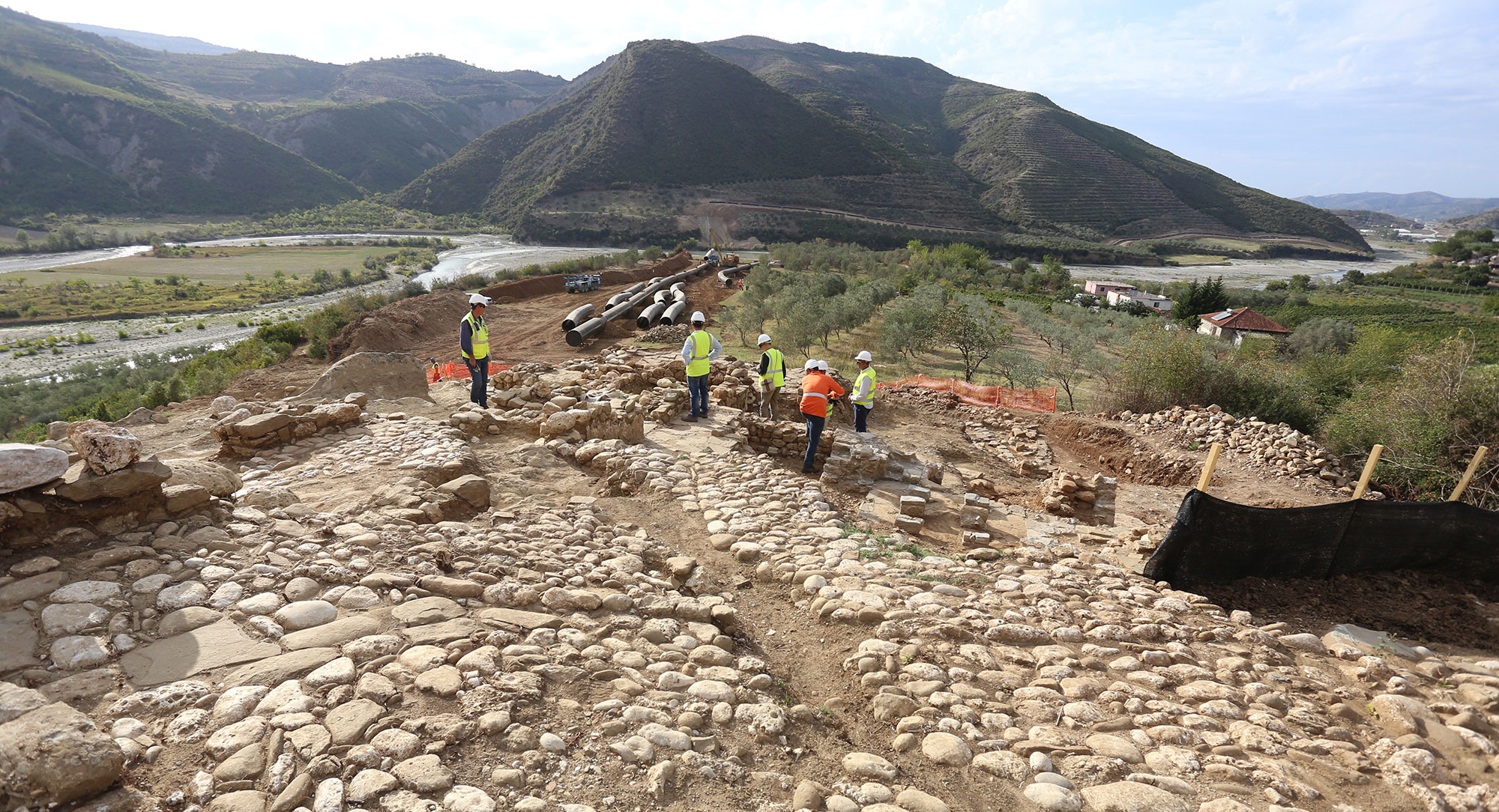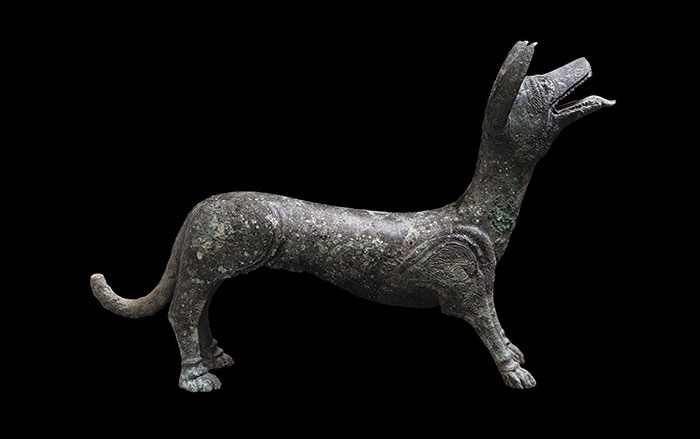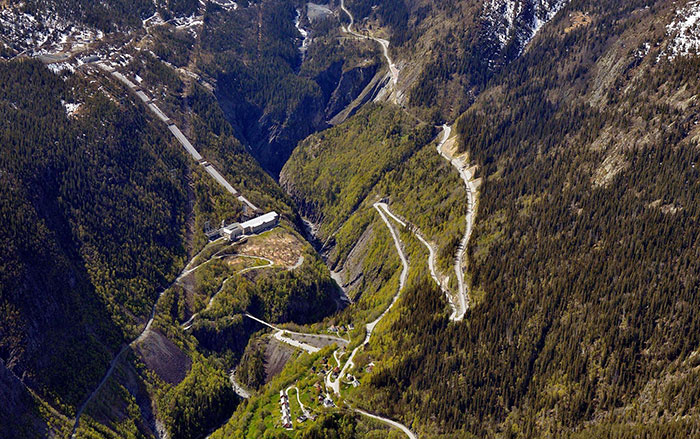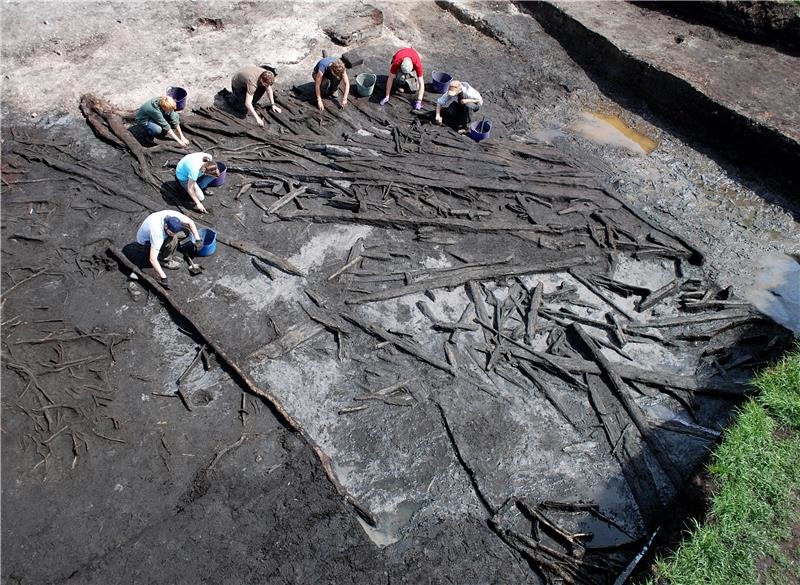
SCARBOROUGH, ENGLAND—People living at the early Mesolithic site of Star Carr in northern England survived two periods of dramatic climate change around 9000 B.C. The Northern Echo reports that researchers used macrofossils and pollen unearthed at the site, together with isotopes from sediment in a nearby lake, to create a history of the region’s microclimate. They found that during the site’s occupation the average temperature dropped dramatically during two episodes that each lasted around 100 years. “It has been argued that abrupt climatic events may have caused a crash in Mesolithic populations in Northern Britain,” says Simon Blockley, a paleoclimatologist at Royal Holloway, University of London. “But our study reveals, that at least in the case of the pioneering colonizers at Star Carr, early communities were able to cope with extreme and persistent climate events." To read about an engimatic artifact discovered at Star Carr, go to "Mesolithic Markings."


